
by
Dominique Misein
Although put to a difficult test by the multiple catastrophes that weigh upon humanity, the deep seated conviction that all History has developed following a progressive route that is more or less constant if not really regular endures in its mind. This idea of progressive evolution is not an odd opinion if it is true, as it is true, that having left the caves we have now reached the point of traveling in space. Today is better than yesterdayand worse than tomorrow. But what was the point of departure for this unstoppable course? One of the fathers of cultural anthropology, L.H. Morgan, in his study on the lines of human progress from the savage state to civilization, divides the history of humanity into three stages: the primitive state, the stage of barbarism and that of civilization. Morgan claims that this last stage began with the invention of a phonetic alphabet and with the spread of writing. "In the beginning was the Word" the Bible says. It has been discourse that has facilitated the course of humanity, allowing it to conjecture, argue, retort, discuss, agree, conclude. Without discourse the tower of Babel of the human community could not have been built. In the persuasive force of the word, Reason manifests itself and thus becomes the technique for the creation and government of the world, making sure that human beings do not wear themselves out in turn, but rather contrive an understanding in the way deemed best. And Reason, as a Roman sage said, is the only thing by which "we distinguish ourselves from the brutes."
Dante used the same expression to distinguish animals that were not rational from the human being who was: "it is evident that to live as animals is to feel animals, I say, brutes to live as a man is to use reason." Indeed, humans themselves can also live like "brutes" when they renounce the prerogatives that the, Tuscan poet considers typical of the human being and the source of his greatness. Effectively, all philosophy teaches that the human being is different from animals because he is gifted with reason. If she limited himself to the satisfaction of her physiological needs, nothing would separate him from the rest of the fauna, and life on this planet would still be holding steady in prehistorical conditions. But this is not the case. And this modification, that is the evolutionary process, is seen as an ascent. The human being now walks erect and challenges the heavens while the animals for the most part continue to graze the soil. This is why it is thought that animals are guided by Instinct which leads them to preserve themselves and seek what is most beneficial considered as the lowness of the belly; while humans are guided by Reason which leads them to pursue the just and the useful that is seated at the crown of the head.
And Reason, as the ancient Greeks said, is common to all and universal. Therefore, Reason is One. But who determines it? And, above all, what happens if someone opposes it, not wanting to follow it because she has other reasons that he does not intend to renounce? If reason is manifested through discourse, what happens when we don't have the words to express that which enlivens us? The world in which we live is a universe closed in on itself to such an extent that it cannot tolerate that which escapes it, being capable of accepting only that which is included in its cognitive and normative schemas, and so it ends confining that which it cannot explain within the limits of madness, barbarism and irrational utopia.
Even social critique understood not only in its mere theoretical expression, but also in its practical realization has known its brutality, a stage in which the struggle against the social order provoked by dissatisfaction with one's own wretched condition had not yet developed an articulated form through projectual activity, but rather assumed the form of sporadic revolts lacking theoretical motivations and only aimed at immediate satisfaction. In other words, when the vessel overflowed, a blind violence broke loose, that, though it was able to identify the enemy, was not yet able to express its reasons. And because of this, as soon as the rage calmed down, the situation returned to normal. As with the human being, so also with the social critique, it is possible to point to a moment of departure when instinct abandons its place to reason.
In the first half of the 19th century one witnesses the last great "senseless" revolt (luddism) and the appearance of the political project that, without forgetting its illustrious predecessors, would require the intervention of Marx and Engels to be fully developed. The year 1848 was not only the year of the great social upheavals that passed throughout Europe, but also the year in which the Communist Manifesto saw the light of day. The desire to change the world came out of the cave, dissolved a great part of its mystical and idealistic characteristics in order to acquire its own rationality and become social science. It was not by chance that Engels, in the preface to the English edition of the Manifesto published in 1888, would describe radical social movements before 1848 as supportive of "a crude, rough hewn, purely instinctive form of communism."
Convinced of the fatuity of thoughtless outbursts of hatred, the struggle for freedom elaborates its programs, its strategies, and starts to advocate the subversion of the entire society and its rebuilding on other foundations. Scientific communism and all its variants are born, as is the anarchist movement. For 150 years, authoritarian communists and anarchists have both seen the seizure of consciousness as the fundamental condition for every social change. While the authoritarians have aspired to impose this consciousness from above through their political organizations on a proletariat that was prepared for it, the anarchists have tried to make it rise up spontaneously through propaganda or example. Millions of writings have been distributed with this aim, in the form of newspapers, journals, books, pamphlets, posters, leaflets; conferences, demonstrations and initiatives have been organized, and committees and associations constituted; not to mention all the social struggles and individual and collective actions carried out against institutions. In the heart of every revolutionary there was a great deal of hope. There was the certainty that all this activity would sooner or later lead to the awakening of this consciousness in the exploited that would finally make the revolution possible. The reason of Freedom still thought of as one, common to all and universal would take the place of the reason of Power that had usurped its legitimacy.
Today we know that this determinist process was only an illusion. History does not inevitably go anywhere. And however that may be, power has not stopped paying attention. If once the exploited were moved at the mere mention of the word "strike"; if they gathered together in every city, country, factory or quarter because life itself was the collective life of the class; if the life of the oppressed had included daily discussions of the conditions of existence and struggle for so many years; if in spite of the heterogeneity of this consciousness, they discussed the necessity of destroying capitalism, of building a new society without exploited or exploiters, everywhere; it is undeniable that, in the course of the last several decades, all this has disappeared together with the so much dreaded "proletariat" considered as a class, vision of the world opposed to that of Capital.
Not by chance. Capital has applied itself to reaching the point where it can build an ideal society in which the enemy no longer exists, but where only productive, good citizens live possibly along with humanoids capable of reproducing society without posing questions. In the face of the danger represented by revolutionary reason, a dense group of flatterers philosophers, artists, writers, linguists, sociologists, psychoanalysts, historians has devoted itself to draining this reason of all meaning. The "end of History" means that there is no longer any future one can claim to have an influence: the instant, this abstract, artificial pulsation, disconnected from duration, is elevated to the rank of supreme application. In a time without depth, the thing is overcome by the appearance, the content withdraws before the empty form, choice gives way to automatism, the individual abdicates her autonomy. Thus, he finds herself wallowing once again in the oppressive emptiness of advertising posters that render the Absence somewhat attractive. The reason of the state has remained, only to endure and manage, and this is the one thing that the ecclesiastics of post modernism have never dreamed of placing into discussion.
In this way, power has tried to preventatively erase the reasons of the revolutionaries. And not only the great reasonsCommunism or Anarchy but the smallest and simplest ones as well, those that mark the daily life of every exploited person allowing him to be aware of what she wants and why he wants it, making her capable of distinguishing the rich from the poor, the police from the prisoner, the violence of the state from that of the rebel, charity from solidarity. But of the intent was to put an end to rebellion forever, something has not worked. Revolts continue to break out. What characterizes them is the fact that there is no visible quantitative progression before the explosion; the dimensions grow to the highest level without being preceded by great partial struggles. Their spark is not the promise of a future freedom but the awareness of a present misery, which, when not economic, is certainly emotional. Now, revolt has no more reasons to put forward, it is without precise and explicit objectives and rarely proposes anything pro positive. The point of departure is a general negation in which economic, political, social and daily life aspects are blended. Now revolt is characterized by the violent and resolute action of insurgents who occupy the streets and clash violently with all the organs of the state, and also among themselves. We are at the threshold of civil war, we are already in civil war.
The very fact that revolt can assume the form of an unforeseen explosion brings out an element of important force: the surprise effect. The old reformist social democratic arsenal is disarmed in the face of the actions of insurgents. Syndicalism also finds itself completely unable to respond and incorporate the violence into itself. Social workers and all state agents of social mediation generally find themselves completely overwhelmed. The absence of precise demands renders the work of recuperation even more difficult, and there is nothing left for these people to do but denigrate those who don't hesitate by referring to the "autism of the rebels." But it is not just the counselors of the king who are dismayed. Revolutionaries as well, who have been accustomed for years to the constant repetition of the concept that the revolution "has nothing in common with the explosion of a powder barrel", find themselves displaced, taken unawares. How do you reason with one who has no reasons? How do you discuss with one who has. no words? The revolt may be fierce, but it is not currently able to make distinctions that require an analysis. Any one of us could find ourselves in the position of the truck driver who was beaten and attacked with stones in the course of the revolt in Los Angeles in 1992.
The rooster constrained in the narrowness of the stall, surrounded by horses, with no other bedding at hand, was compelled to seek out a place on the treacherous floor with horse tramping all around. Being in serious danger for his fragile life, the rooster put forth the following prudent invitation: "I beg you, gentlemen, let us seek to keep ourselves steady on our feet; I fear that otherwise we may trample one another."
With the lantern of our more or less critical awareness, we wander about in the vain attempt to illuminate the black night that surrounds us today. All the texts that we have read are proving inadequate, incapable of providing us with a thread to lead us out of this labyrinth. When daily events present themselves before us, we are no longer capable of deciphering them. Revolts continue to break out around the world, but not a trace of them appears in our handbooks. Thus, when we come to denigrate the bad insurrection in Albania [1997 translator] and applaud the good revolt in Seattle, following the suggestion of a reason stuffed with bookish notions, we don't act so very differently from the rooster of the fable: we counsel everyone to hold themselves steady. At last, a revolt as it should be! That all the insurgents of the world take as a model!
Thus, we see once again how the requirement put forward by revolutionaries in the course of history has always been almost exclusively of the logical type, which is to say normative. And the norm, the reason consistent with itself, does its best to compel reality to conform itself to it. But reality escapes from it, because no ideology is in a position to exhaust it. In spite of our best intentions, nothing guarantees that the revolt of Seattle becomes a model. In fact, it seems that the wind is blowing the other way.
For years, we have upheld the virtue of reason as the sole, guide of our actions, and now we find ourselves with little or nothing in hand. In the search for a way of escape from the absurdity that threatens our existence, it is difficult to resist the temptation to reverse direction and turn our attention to that which is usually considered as the antipode of reason, namely, passion. After all, there are already those who have made the rediscovery of the passions one of the most dangerous arms in the attack against the world of authority and money. We can dust off the old texts of Bakunin and Coeurderoy, the anarchists from the 19th century who exalted the "unchaining of the wicked passions" and "revolution as the work of the Cossacks".
Let's listen to the shattering voice of Coeurderoy: "...we have no hope except in the human deluge; we have no future except in chaos; we have no expedient except in general war that, mixing all the races and shattering all stable relationships, will remove the tools from the hands of the ruling class with which it violates the freedom required at the price of blood. We establish a revolution in action, we inspire it in foundations; so that it is inoculated through the sword into the organism of society, in a way that none could any longer escape from it! So that the human tide mounts and overflows. When all the disinherited will be taken with hunger, property will no longer be a sacred thing; in the clash of arms, the sword will resound more strongly than money; when everyone will fight for his own cause, no one will have any more need to be represented; in the midst of the confusion of tongues, the lawyers, the journalists, the dictators of opinion will lose their speech. Between its steel fingers, the revolution shatters all the Gordian knots; it is without compromise with privilege, without pity for hypocrisy, without fear in battle, without restraint on the passions, ardent with its lovers, implacable with its enemies. By god! Let's do it then and sing its praises like the mariner sings the great caprices of the sea, his master!"
Claiming chaos after having futilely tried to set things in order for years. Exalting barbarism after we have identified it for so long with capitalism. It might even seem contradictory, but in doing so, don't we perhaps feel that much nearer to the goal?
And yet, if we think it over well, it is odd that in order to advance the thesis that wants barbarism to be not only that which most inspires fear in us, but also a possibility on which to wager, one must appeal to such forerunners. As if we felt ourselves at fault and thus in need of finding new justifications behind which to hide our doubts and insecurities. But then, what is served by dedicating ourselves to making analyses of the profound changes that the social structure has undergone, illustrating the technological restructuring of capital, exposing the atomization of the production system, taking action for the end of the great ideologies, stemming the decline of meaning, lamenting the degradation of language, etc., etc.? Reason after reason, analysis after analysis, citation after citation, perhaps all that we have done is raise yet another insurmountable wall, in a position to protect us if not from external reality, at least from ourselves.
If reason is a compass, the passions are the winds
In reality, we are the victims of a great deception, designed by ourselves, when we appropriate the texts of a Bakunin or a Coeurderoy in order to alleviate the burning sensation left by the disappointment caused by the breakdown of every great social project. We don't take into proper consideration that these anarchists are not our contemporaries, have not witnessed the fall of the Berlin wall, have not lived in the era of the Internet. We propose their ideas again, but avoid reflecting motives that moved them in a historical context completely different from the one in which we live today to place their hope for a radical transformation not in adherence to an ideal program, but in the wild irruption of the darkest human forces. Thus, we can leave for the pigs so many questions on why as Coeurderoy said "the social revolution can no longer be made through a partial initiative, the easy way, through the Good. It is necessary that Humanity deliver itself through a general revolt, through a counter strike, through Evil."
Better to dress the old certitudes up in new clothes than to rid ourselves of them. Better to look at ourselves in the mirror tat reflects the image of a civilized and thinking individual, even though inside a free and savage barbarian is on the lookout only waiting for the propitious occasion to show itself. If one can no longer have faith in the virtue of progress, better to swear on the genuine and spontaneous substantial nature of the individual upon which civilization has superimposed its vulgar social conventions through the course of the centuries. But isn't this also an ideological projection, an updated version of the sun of the future that will sooner or later rise behind the peaks as if by magic? And the problem does not only consist in not knowing whether there even is a human nature uncontaminated by television that could be rediscovered, or whether the human unconscious could be reclaimed from the poisoning of Capital.
In fact, in spite of appearances, the texts of Bakunin and Coeurderoy are the fruit of a perfectly logical reasoning. The aim one wants to achieve determines the means to be used. If our goal was to redeal the cards in the game, on could easily present a rational argument for what means to use. It would be understood that each in their turn should hold the bank. But if our objective is to destroy the game itself, with all its rules, its cards and the players who take part in it, then things change. In other words, if our desires would limited themselves to the replacement of a ruling class, the restoration of areas presently not in use, a reduction in prices, the lowering of interest rates, better ventilation of prison cells and whatever else as well, it would remain in the sphere of rational possibility. If instead we want to put an end to the world as we know it and consequently enter into a world that is utterly fantastic to imagine, then we are facing a project considered impossible, extraordinary, superhuman, that requires impossible, extraordinary, superhuman means in order to be realized. A revolt weighed in the balance of convenience, with the eye attentive to the advantages and disadvantages at every step, is defeated from the start, because it can only advance to a certain point and then stop. From the point of view of logic, it is always better to find a compromise than to fight. It is not reasonable for an exploited person to rebel against society, because she will be overpowered by it. The barricade may still have its charm, but it's useless to hide that many will meet their death there. And no one knows in advance in whose chest the bullet will stop.
This is why the only allies left are the passions, those wicked passions to which everything is possible, even the impossible. Bakunin and Coeurderoy understood this. One cannot make revolution with good sense. Only passion is capable of overwhelming the human mind, carrying it toward unthinkable ends, arming it with invincible strength. Only individuals who have gone "out of their mind", on whom reason no longer exercises any control, are capable of accomplishing the undertakings necessary to the destruction of an age old ruling order. As we can see, it is not a question of converting as many people as possible to an ideal deemed just, but of stirring them up since as an old anarchist loved to say: "it is normal that people very much share the qualities of coal: an inconvenient and filthy mass when extinguished; luminous and fiery when ignited."
But the ardor of the passions doesn't last long, it is fleeting, just like the current revolts. It is an intoxication that thrust beyond itself, but that is slept off by morning. One can gather from this that if reason alone is not able to guide us toward freedom, neither is passion alone. But no one has ever claimed such a thing. Here we are before the consequences of a misunderstanding that occurs when one opposes a supposedly irrational passion to a presumably indifferent reason, generating an antithesis that does not exist in reality. Because, far from being rash and unreflective, passion is quite capable of taking time and giving itself a perspective in order to achieve its goal. Just as the acrobatics of reason often only serve to justify the outcome of our passions after the fact. Perhaps nothing has shown how logic and passion complete each other, interpenetrate each other and contain each other in turn like the work of Sade with its continuous linking together of orgiastic scenes with philosophical argumentation. Compass and winds are both indispensable. Whatever voyage one means to undertake, one cannot do without either one of these. This is why Bakunin invoked the fury, but also spoke of the need for an "invisible pilot." Now however the point is that it is not possible to pilot a tempest. One can only endure it.
"The violent revolution that we felt rising for some years and that I had personally desired so much passed before my window, before my eyes, and it found me confused, incredulous. [ ... .] The first three months were the worst. Like many others I was one obsessed by the terrible loss of control. 1, who had desired the subversion, the overturning of the established order, with all my might, indeed 1, now at the center of the volcano, I abhor the summary executions, the pillage, all the acts of banditry. I was torn as always between the theoretical and emotional attraction for the disorder and the basic need for order and peace." Luis Bunuel
It is not only the political and economic person, worried about electoral and commodity markets, who takes the field against the tempest, against the chaos and the primordial forces of barbarism, but, above all, the ethical person. To repudiate social norms, to abandon oneself to the instincts means to fall back into the darkness of wildness to the point of reviving the horrors of the primordial horde. Civilization, then, could only be Reason, Order, Law, and not necessarily those of the State. Bakunin's comrades in Lyon don't fall to reproach for this. One of them will remember how conflicts broke out between them "the principle cause of which was Bakunin's great theory on the necessity of allowing all the passions, all the appetites, all the wrath of the people to manifest themselves and to freely rumble unchained, free of the muzzle." There was one comrade in particular who "did not view this possible deluge of violence of the human beast" and "condemned every sort of crime and abomination, which would give the revolution a sinister countenance, rob the greatness of the idea through the brutishness of the instincts, rising against all those who have love in their hearts for the great things and whose consciousness has a sense of the just and the good." How is it possible he asked "that people who represent the idea of the future could have the right to defile through contact with the most ancient barbarism which the most elementary civilizations seek to repress?"
The observations of this comrade of Bakunin have made much more headway than the texts of the Russian anarchist. The proof of it is the oblivion to which these latter have been relegated together with those of Coeurderoy. Barbarism cannot be the door to freedom, so we are reminded by those ethical people who, for the most part, are the very same ones who on other occasions have found ways of affirming that war produces peace, the rich preserve the poor, force guarantees equality. So what can open the door to freedom? Perhaps the expansion of markets? An increase in the number of parties? The consolidation in the forces of order? A better scholastic education? The general strike? A revolutionary organization with a million members? The development of the productive forces? And why ever, if not out of respect for the determinist mechanism which is considered the motor of history? It is a mystification, however, to paint a situation of anomie that is to say, of an absence or great weakening of the norms that rule the conduct of individuals with the darkest hues. It is yet to be demonstrated that inside the individual a monster quick to torture innocents is concealed. In reality this is merely a hypothesis as often refuted as affirmed by historical experience¬spread to benefit those who rule, decide and impose. Nevertheless, even if it were so, could one perhaps decide beforehand which direction a situation of anomie would assume?
A mariner who sings of the force of the sea is not likely to exalt the beauty of shipwreck with it. In the same way, recognizing the role developed in every process of social transformation for the passions, even for the darkest ones, does not mean making a defense for rape, the bloodbath or lynching. There is no use in hiding that every revolution has known its excesses. However, this does not mean either renouncing revolution for fear that these will happen, as the so called beautiful souls always claimed, nor cheerfully taking part in them. Because the people unchain even their wicked passions that have been repressed for far too long. In this, the revolutionaries will hardly be at their side. Indeed, one presumes that they have quite different things to do than shut themselves up in their house or lose themselves in the midst of a howling marasmus. Even in the midst of the tempest, the mariner who knows where he wants to go always has his eye on the compass and his hand on the rudder and in his heart the hope tat he can exploit the force of the water as much as possible in order to arrive at his destination and have his embarkation prearranged because he endures all the blows of the billows. Without any certainty of rescue, naturally, but without giving it up in advance.
The reflections of Bakunin and Coeurderoy that some would describe as meta historical and that, as we have seen, have not roused much agreement among revolutionaries have found unwonted support in the conclusions that some observers of human behavior have drawn. When Bakunin speaks of the revolution as a festival in which the participants are overwhelmed by intoxication ("some from mad terror, others from mad ecstasy") and where it seems that "the whole world was turned upside down, the incredible had become familiar, the impossible possible, and the possible and familiar senseless," this is taken literally.
For example, Roger Caillois, in his essay that analyzes the meaning that the festival has had in different types of human society, speaks of the "contagion of an exaltation ... that prompts one to abandon oneself, without control, to the most irrational impulses." Describing it as "intermittent explosion", the French scholar explains how the festival "appears to the individual as another world, where he feels himself supported and transformed by the forces that overcome him." His aim is that of "beginning the creation of the world again." "The cosmos has emerged from the chaos" Caillois writes according to which the human being looks with nostalgia at a world that didn't know the hardship of work, where the desires were realized without finding themselves mutilated by any social prohibition. The Golden Age answers to this conception of a world without war and without commerce, without slavery and without private property. "But this world of light, of serene joy, of a simple and happy life" Caillois clarifies further "is at the same time a world of exuberant and disorderly creations, of monstrous and excessive fruitions."
The innovation of barbarism, if so we choose to call it, is found in the fact that it invites us neither to slaughter, torture or slit throats, nor to imagine an egalitarian and happy society. In the explosion of its frenzy, barbarism proposes to us that we courageously rise to the dangerous, even unacceptable and antisocial, side of ourselves. From birth, we have found ourselves projected into an ethico surgical social system, the purpose of which is to perform the maximum number of amputations on us in the name of the maximum level of order. Facing barbarism, we only have to give an answer to the basic question of our fullness.
It is no longer necessary to rely on goodwill or special favors. One can no longer pay ransom to the chief of purgatory, nor oil the palm of the guardian of hell; there is no longer a paradise where one could secure a seat in advance. Rene Daumal
The world in which we live is a prison, the sections of which are called Work, Money, Commodity, and the yard time of which is granted as summer vacation. We were born and have always lived inside this prison universe. Hence, it is all we know. It is our nightmare and our security at the same time. And yet. As every prisoner knows well, our heart has counted the steps that separate us from the wall thousands and thousands of times, afterwards calculating the meters of bricks that it is necessary to climb. As every prisoner knows well, our eyes have scrutinized that thin line on the horizon that divides the barbed wire from the sky thousands and thousands of times so that we can then muse on the forms and colors that we glimpse dimly there. But we don't know what is there beyond the wall of this enclosure. Perhaps a marvelous landscape. Perhaps a dangerous jungle. Perhaps both. Every proposed conjecture is a lie. Certainly, there is freedom, whatever that may be. Once conquered, it is up to us to know how to maintain it and be able to take pleasure in it. It is up to us, as well, if we so choose, to renounce it, but not before we have tried it.
Now more than ever, it is time for defiance. To think one can escape from daily life is madness. And, besides, a solitary escapee would end up living a miserable life. But wanting to utterly destroy the prison 'in order to liberate everyone is a barbarity. By what right do we interfere in the lives of others? And yet. And yet, there is a point at which the desperation and anguish of having only incomplete and temporary prospects overturn in the determination to be oneself without delay, identify means and ends and found the sovereignty of revolt on nothing. When we arrive at this point, if we are not already there, will we know what to do? Or will we retreat in order to return to that which we know too well?
translateb from italian magazine Diavolo in Corpo



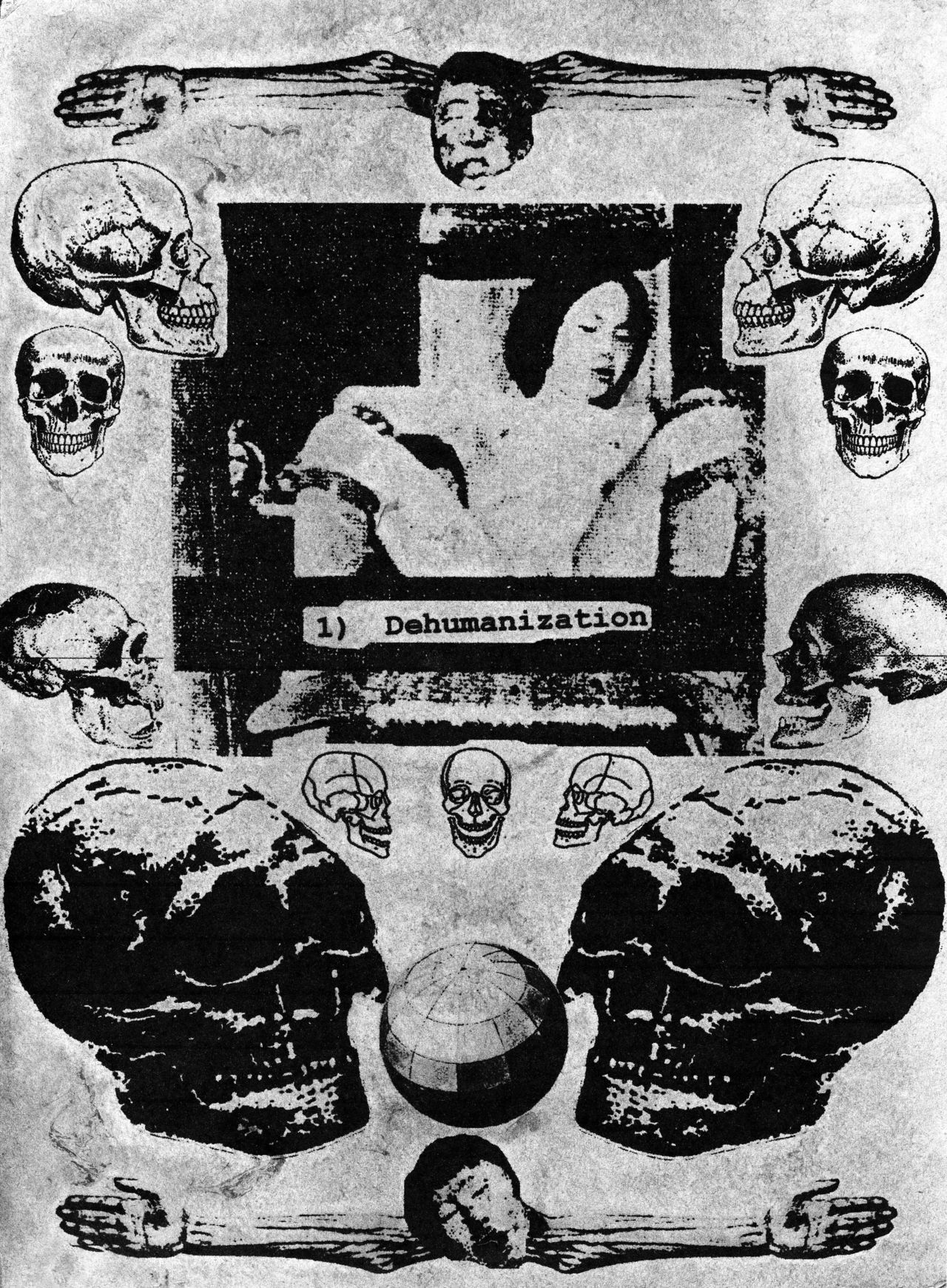



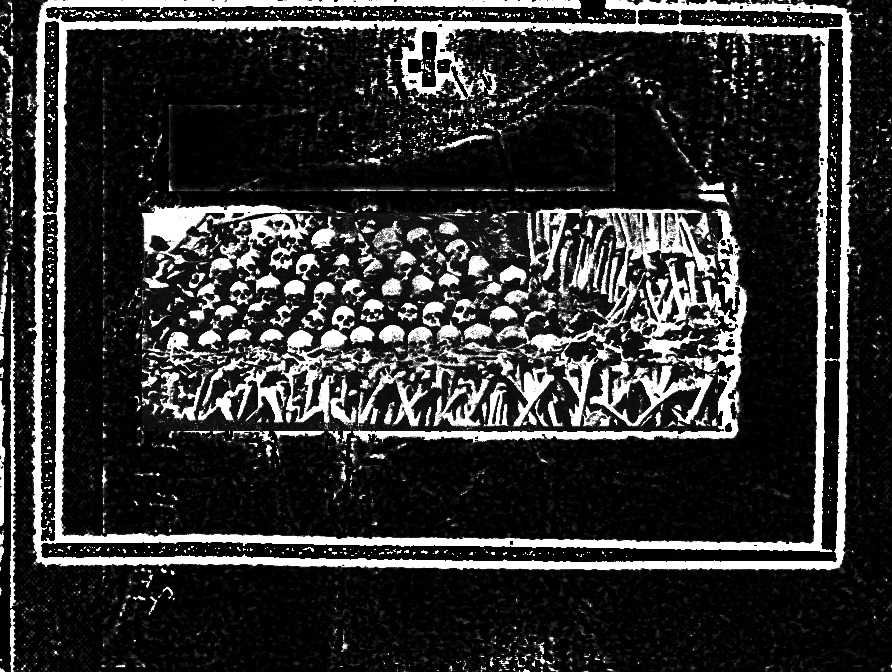
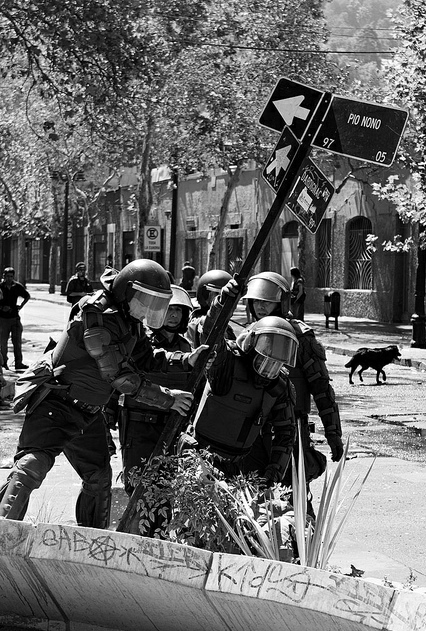
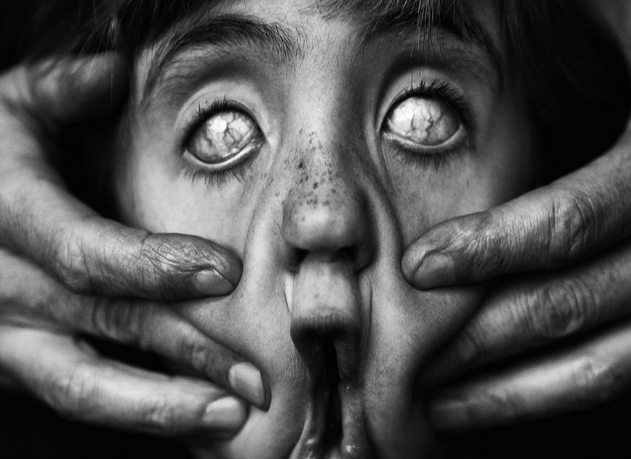


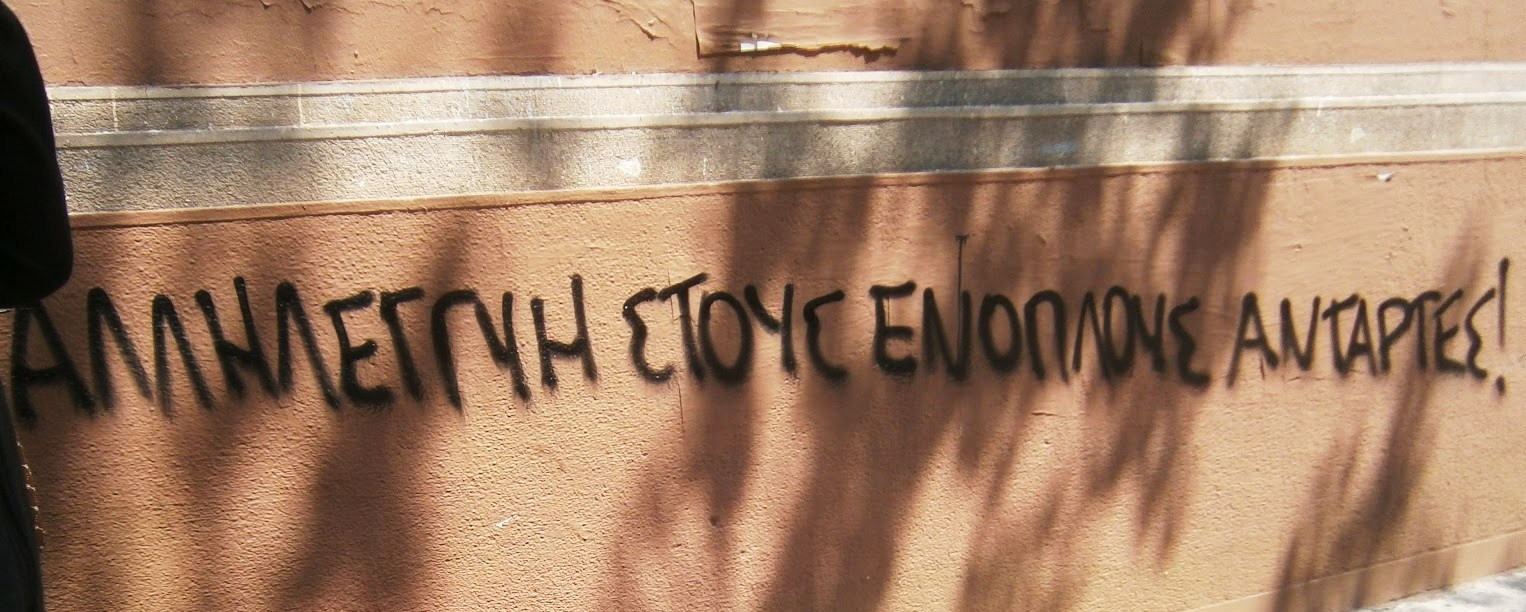

![Eurorepressione - Sulla conferenza a Den Haag sul tema "Anarchia" [corretto]](http://25.media.tumblr.com/tumblr_m0jvngOXtY1qa2163o1_1280.jpg)
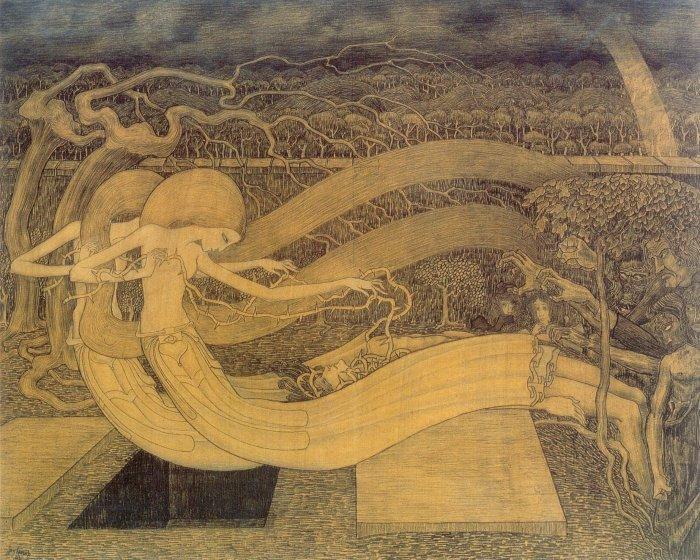
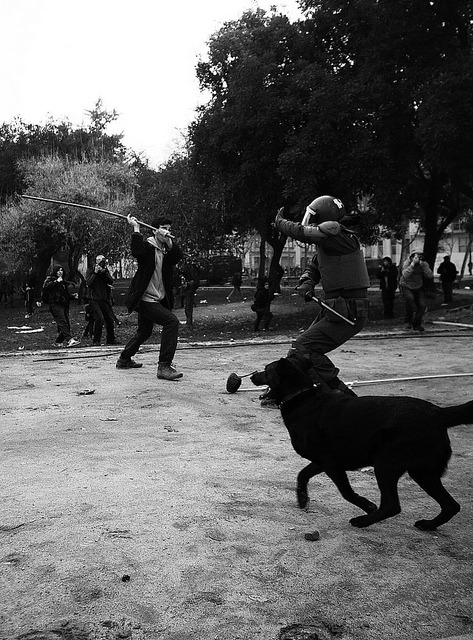
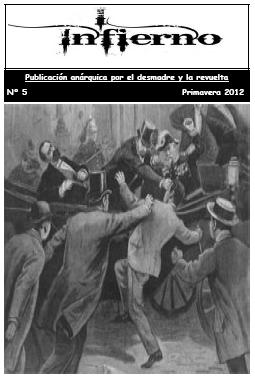
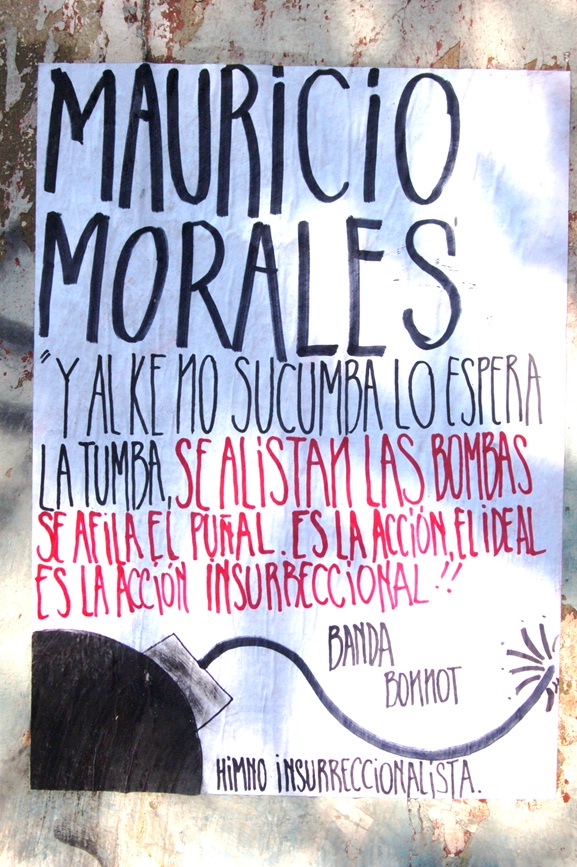
![A tres años de la Partida de Mauricio Morales: De la Memoria a la Calle [Stgo.]](http://metiendoruido.com/wp-content/uploads/2012/05/mmacividad.jpg)
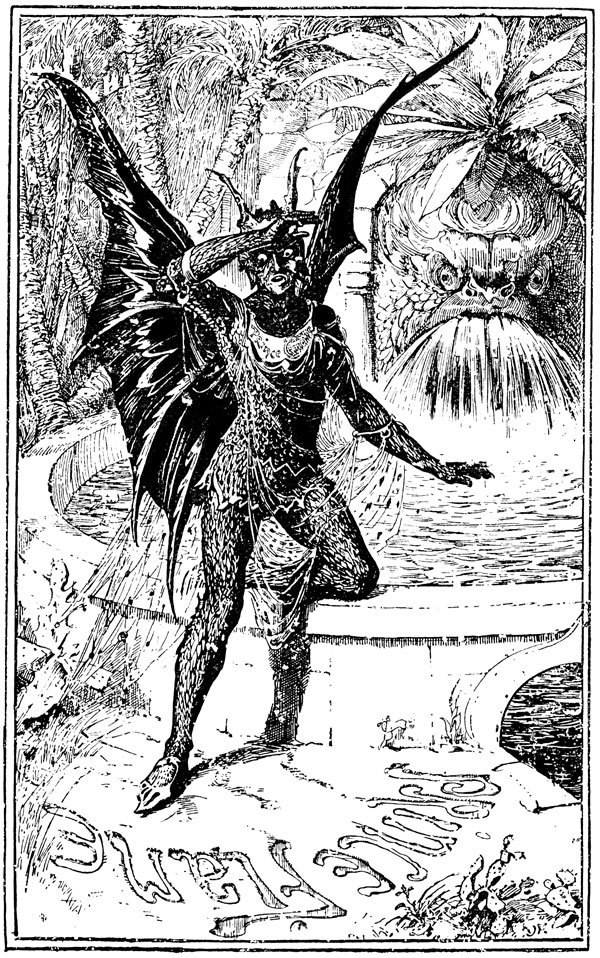




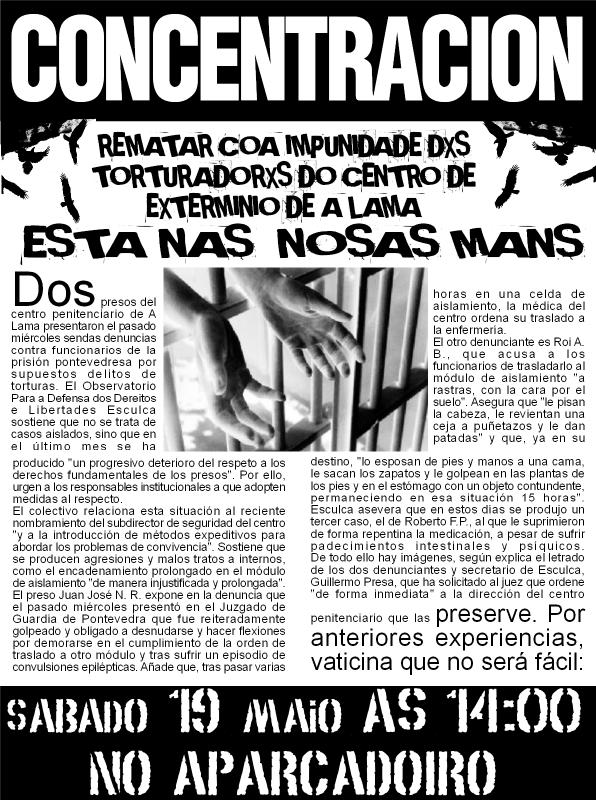

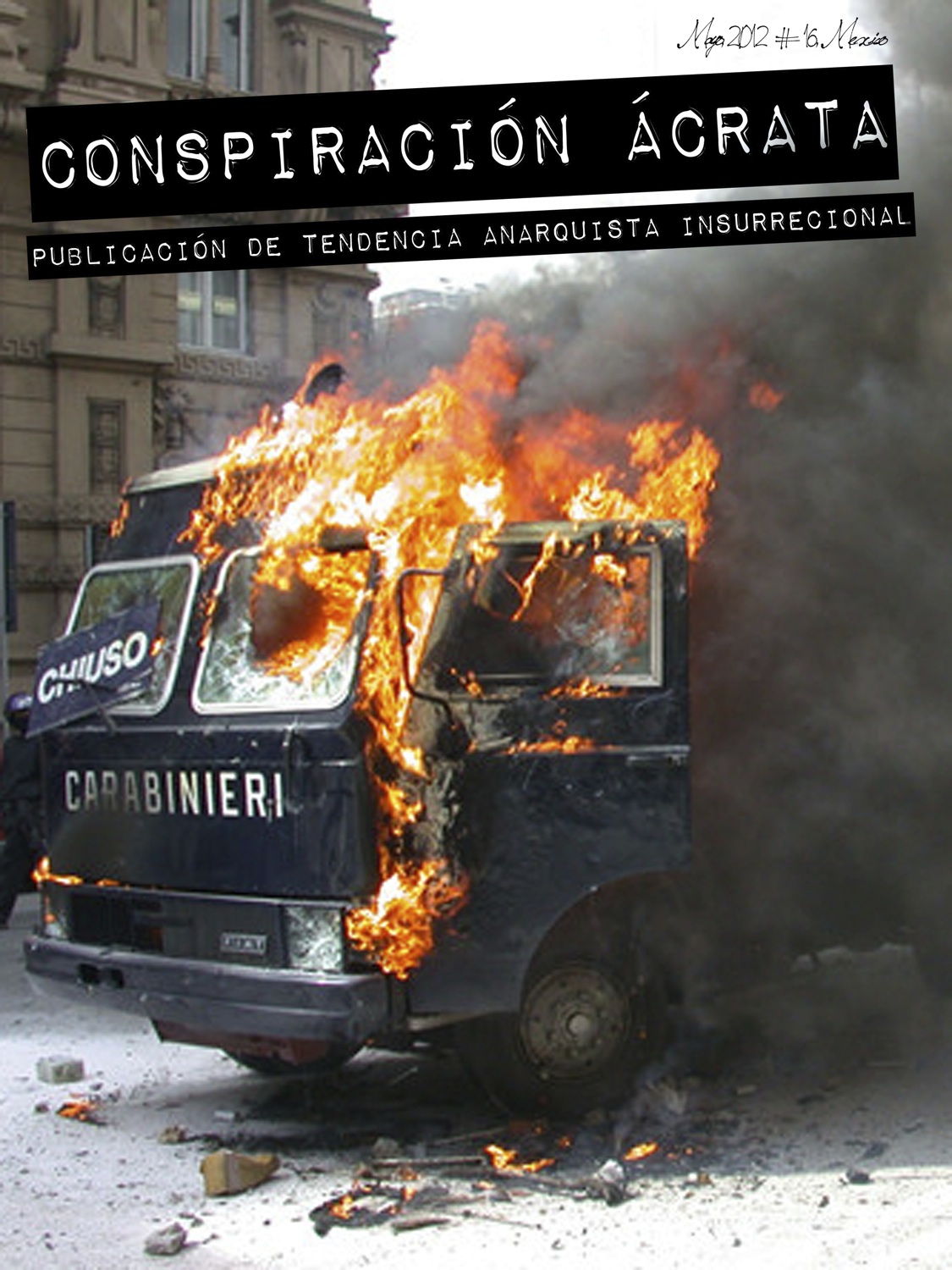

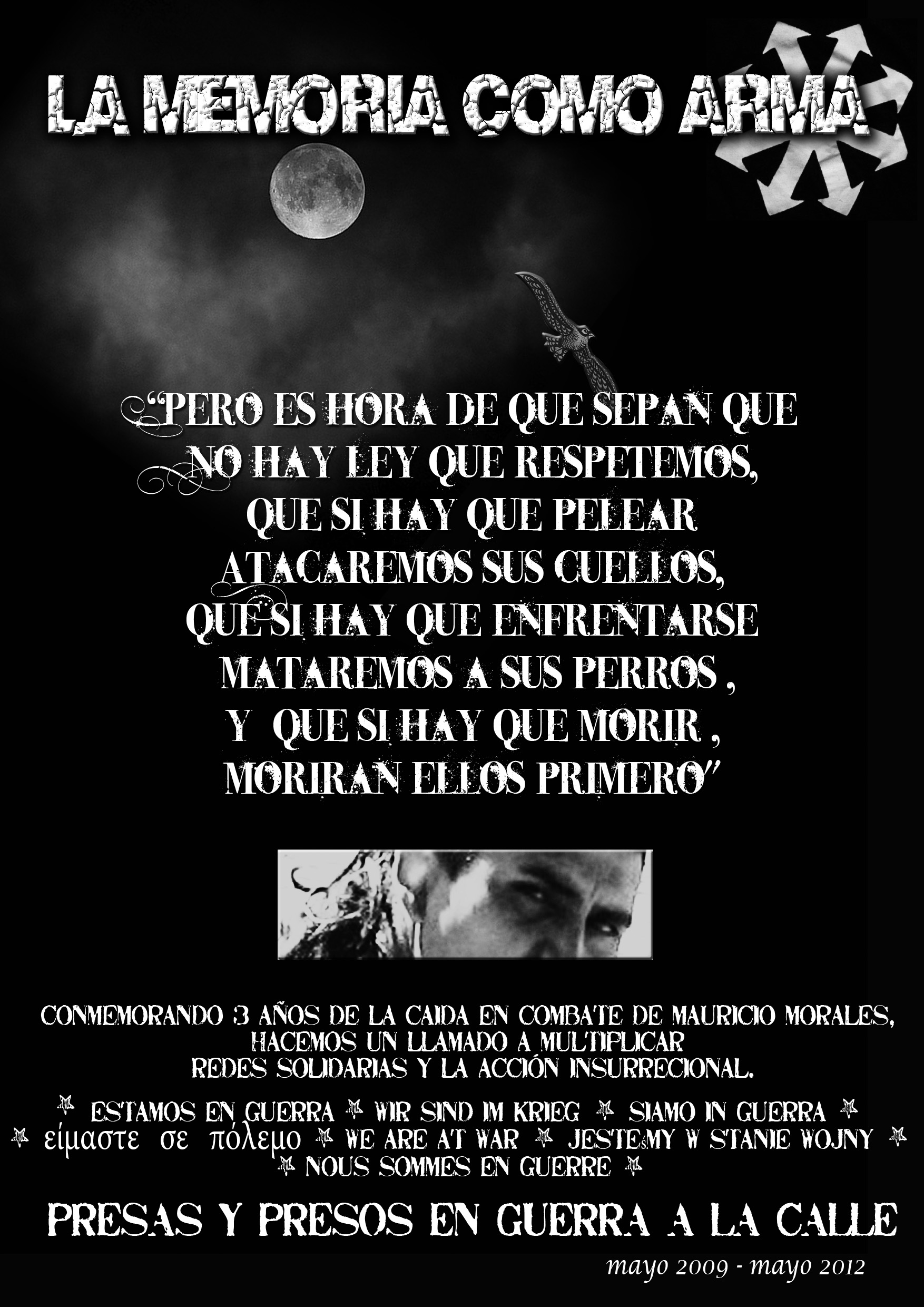
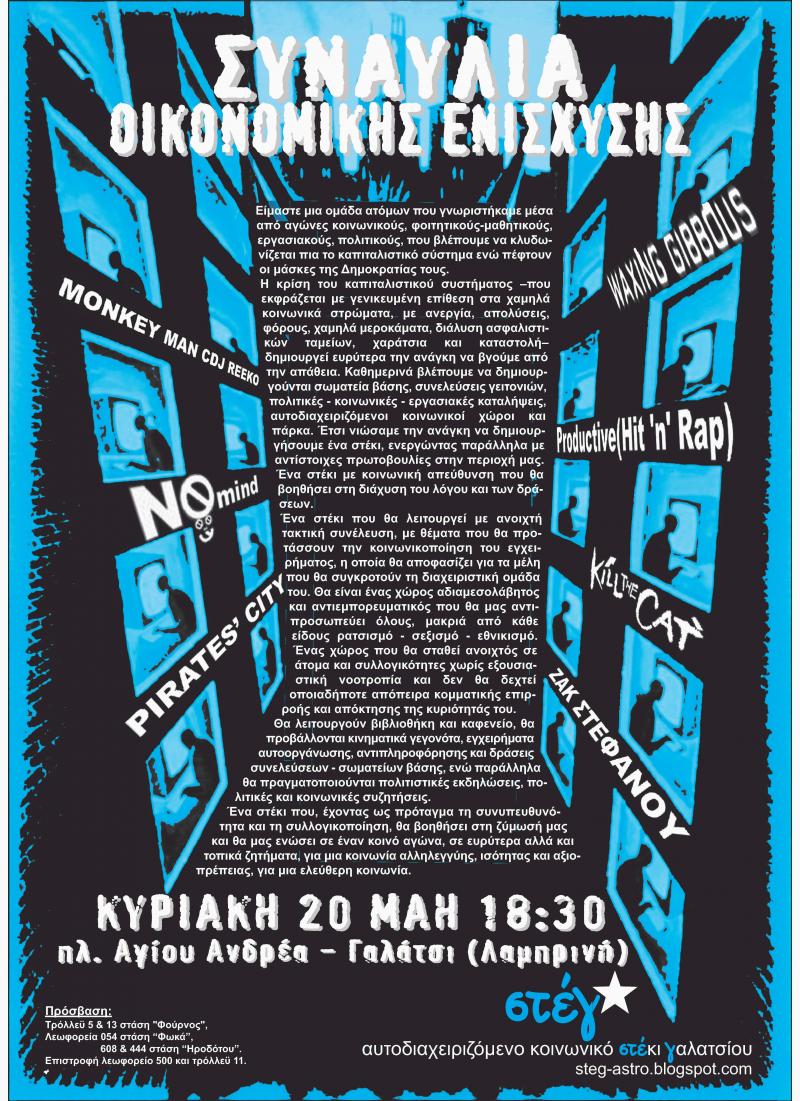








Nessun commento:
Posta un commento